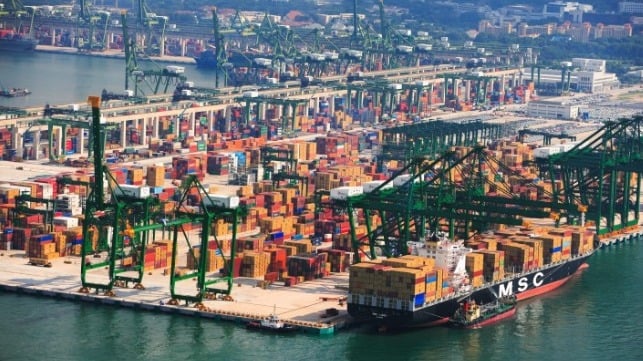
In its latest economic outlook report, the International Monetary Fund (IMF) predicts that the COVID-19 crisis of 2020 will be the “worst recession since the Great Depression,” with full-year growth of -3.0 percent. By comparison, the financial crisis of 2009 shrank the global economy by just 0.1 percent.
For the first time since the Depression, the world’s advanced economies and its developing markets are in simultaneous recession. During the last major downturn in 2009, emerging markets experienced full-year growth in an amount roughly equal to the contraction seen in advanced economies. This time, the advanced economies are expected to experience negative growth of -6.1 percent; Italy and Spain are expected to fare particularly badly, with contractions of -9.1 and -8.0 percent respectively. Emerging / developing economies will likely see a contraction of -1.0 percent.
While much is uncertain about the pandemic’s course and the global response required to fight it, IMF’s current forecast calls for a rebound in 2021, with growth of 5.8 percent. However, that bounceback will not be enough to make up for the steep losses expected this year. “The cumulative loss to global GDP over 2020 and 2021 from the pandemic crisis could be around $9 trillion, greater than the economies of Japan and Germany, combined,” wrote Gita Gopinath, the IMF’s economic counsellor and the director of its research department.
As seen already in the shipping industry, world trade will be especially hard-hit by the shutdown. Trade volume (both goods and services) is expected to fall by -11 percent, led by steep declines in trade between and among the advanced economies, IMF predicted.
This dire forecast comes with significant downside risk. If the health crisis drags on into the second half of 2020, the outlook deteriorates further, “leading to longer durations of containment, worsening financial conditions, and further breakdowns of global supply chains.” This would reduce global GDP by another -3.0 percent for the year, IMF cautioned.









